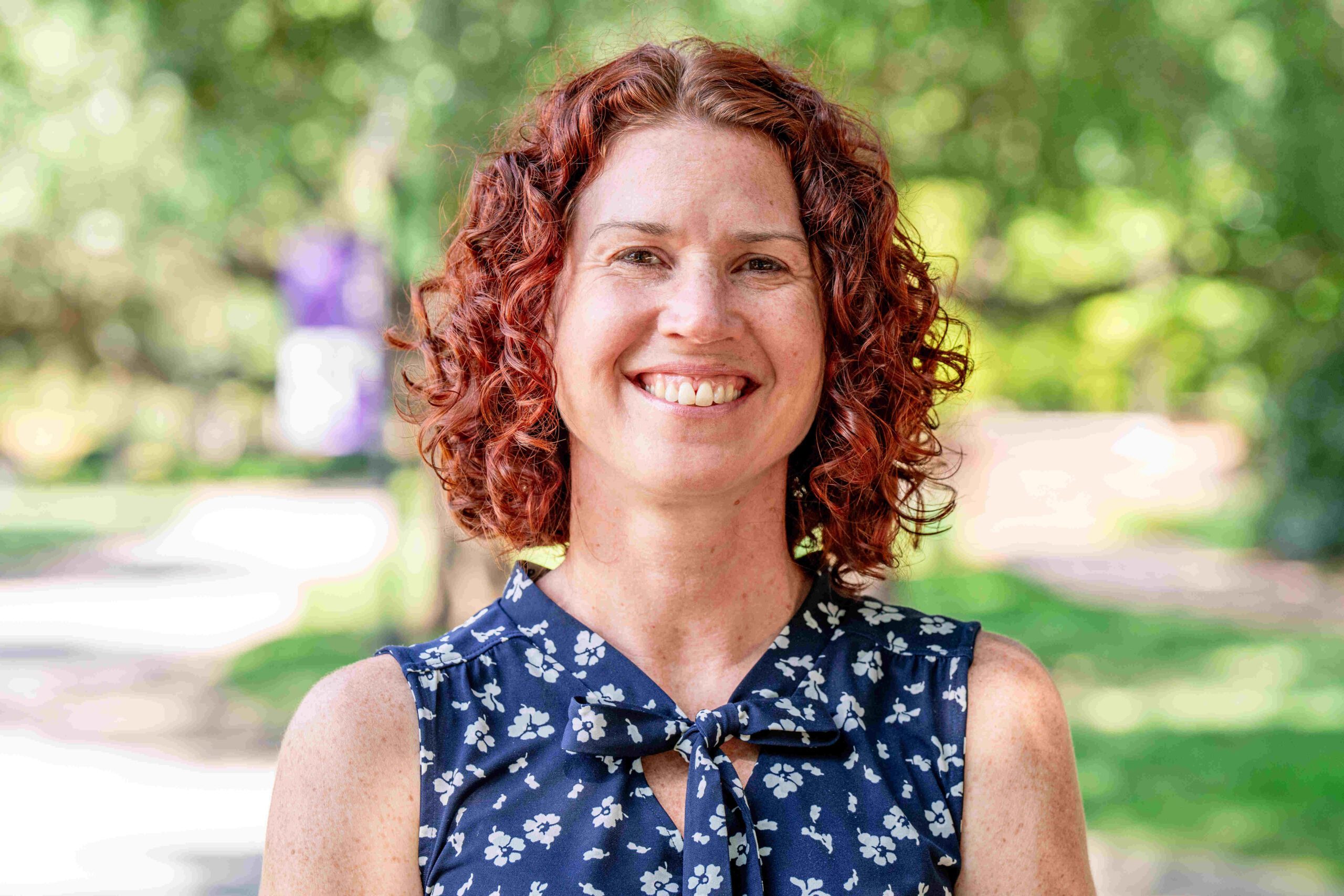Program Overview
Table of Contents
What is an anthropology degree?
Anthropology is the study of humans, past and present, in all their complexity spanning human history. To understand this diversity, an anthropology degree draws and builds on knowledge from the social sciences, humanities and biological sciences, making anthropology the most humanistic of the sciences and the most scientific of the humanities. A central concern of anthropologists is the application of knowledge to solve human problems.
Why study anthropology at Furman?
Anthropology at Furman introduces students to societies and social groups – some familiar, some different – and encourages thoughtful reflection on our own place in the world. Anthropology sharpens verbal, written and presentation skills to help you critically assess current assumptions about the world and imagine options for the future. Our program helps student develop three broadly transferable skill areas: understanding human diversity, building research skills for collecting and making sense of information, and communicating effectively.
By design, class sizes at Furman are small – giving space for meaningful connection and engagement in the classroom and beyond. Furman’s anthropology faculty specialize in wide-ranging regions and subjects, so when you declare a major, you’ll be able to match your interest with the best possible advisor. Whether your interest lies in gender, race, popular culture, archaeology, religion or sustainability, or regions such as Africa, Central America, Japan or India, your Furman career holds a multitude of opportunities to enrich your understanding of human diversity. Plan a visit to Furman’s beautiful campus or begin your application .
How will you learn?
Cast your anthropological sensibilities far and wide through study away options offered by the Rinker Center for Study Away and International Education. Or take advantage of study abroad excursions through our affiliate programs where students have participated in archaeological fieldwork in China and Peru.
Partner with faculty on research to get a leg up on graduate school applications or to strengthen transferrable skills. Furman students have been mentored in archaeological and anthropological fieldwork on topics like the archaeology of Furman’s campus; the impact of race and ethnicity in sororities at Furman; psychics in Greenville, South Carolina; the impact of technology on Gen Z; and Furman Hindu students’ perspectives on religion and tradition.
Take your first steps by contacting admissions or reading more about how to apply.

Careers for anthropology majors
A degree in anthropology prepares you for an array of possibilities. Some sample fields and vocations are:

- Archaeologist
- Foreign service officer
- Translator/interpreter
- UX (user experience) researcher
- Diversity, equity and inclusion officer
- Nonprofit manager/administrator
- Organizational development specialist
- Public health administrator
- Museum curator or cultural heritage site staffer
- Graduate studies in urban planning, anthropology, public policy, health administration and more
Featured Anthropology courses
-
3Fields or concentrations of study in anthropology: cultural, linguistic, and archaeological
-
5Continents studied in Furman’s anthropology courses
-
70%Anthropology majors who choose to double major
-
63%Anthropology majors who study away
What our students say
Our faculty

Karen Allen

Lisa Knight

Kaniqua Robinson

Judith Williams

Andrew Womack

Shusuke Yagi

Anthropology Major F.A.Q.
The skills developed through anthropology are useful for living and working in today’s world, which increasingly means interacting with people from different cultural backgrounds. Studying human societies prepares graduates to become critical thinkers and effective communicators who are able to contribute productively to working groups by generating relevant information and making informed decisions. Anthropology develops verbal and written communication skills as well as research and observation competencies.
Anthropology majors enter fields such as government, international affairs, higher education and many others. Possible careers following graduation include archaeologist, foreign service officer, translator/interpreter, user experience (UX) researcher, diversity, equity and inclusion officer, nonprofit manager/administrator, organizational development expert, public health administrator, museum curator, cultural heritage site administrator, or graduate studies in urban planning, anthropology, public policy or health administration.
Graduates with a B.A. in anthropology may also pursue graduate studies in fields such as urban planning, anthropology, public policy or health administration.
Anthropology graduates make on average $62,000 a year, according to payscale.com.
The anthropology B.A. at Furman is a four-year program.



